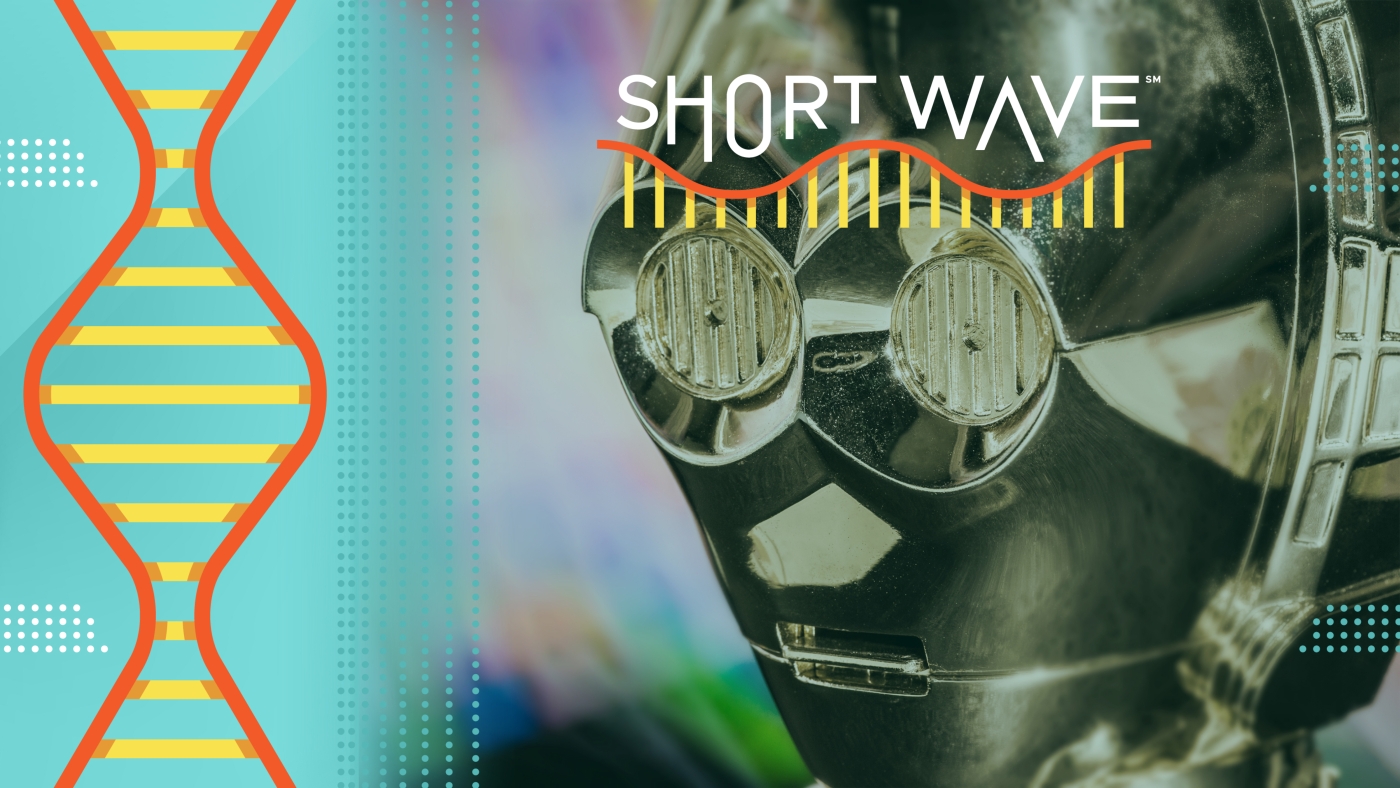Robots often embody traits that make them appear confident and approachable, but researchers are now investigating the potential benefits of integrating more complex emotional characteristics into artificial intelligence. A team of scientists is exploring how incorporating traits akin to neuroticism could enhance human-robot interactions, making robots feel more relatable.
Nell Greenfieldboyce, a science correspondent for NPR, highlights findings from ongoing research into robot personality. This work challenges the conventional programming of AI, which primarily focuses on extraversion and optimism. By experimenting with robots that exhibit anxiety or neurotic traits, researchers aim to develop machines that can better understand and respond to human emotions.
The inspiration for this research is drawn from popular culture, with characters like C-3P0 from the *Star Wars* franchise and Marvin from *The Hitchhiker’s Guide to the Galaxy* epitomizing the neurotic robot archetype. These fictional representations bring to light the complexities of emotional expression and the potential for robots to engage with humans on a deeper level.
Shifting Perspectives on Robot Interaction
Current AI systems are designed to be cheerful and confident, traits that many find appealing. However, the researchers propose that robots capable of expressing worry or uncertainty may resonate more with users, especially in scenarios requiring empathy or understanding. For instance, a robot programmed to show concern might be better equipped to support individuals dealing with stress or anxiety.
The team is conducting tests to measure how humans respond to robots with varying personality traits. Early results suggest that users may feel more comfortable interacting with robots that display a wider emotional range, including vulnerability. This could lead to advancements in fields such as healthcare, where empathetic robots could assist in patient care.
Greenfieldboyce emphasizes the significance of these findings, noting that as robots become increasingly integrated into daily life, understanding the nuances of human emotion will be vital. The goal is not to replace human interaction, but to complement it with technology that can engage on a more personal level.
The Road Ahead for Robot Development
As the research progresses, questions remain about the ethical implications of creating robots with more human-like traits. Concerns about trust and dependency on machines that exhibit emotional behaviors are paramount. Researchers are keen to address these issues, ensuring that the development of emotionally aware robots aligns with societal values and expectations.
The findings from this research may reshape the landscape of artificial intelligence, leading to robots that not only perform tasks but also provide companionship and support. As technology evolves, the integration of personality traits into AI could mark a significant step towards creating machines that understand and respond to the complexities of human emotion.
In conclusion, the exploration of neurotic traits in robots opens up new avenues for enhancing human-robot interactions. By studying how these characteristics can foster connection, researchers hope to create more relatable and effective AI systems in the future.






































































